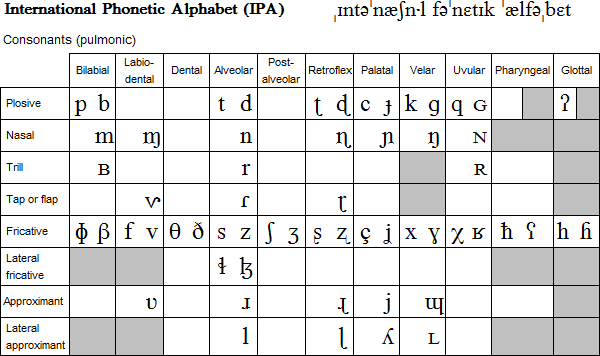As our class has discussed the shifts in culture and learning that occur as a society shifts from oral language to written language, it has been interesting for me to think about what this means in terms of the Aborigines. Out of the many, many Aboriginal tribes, none have ever developed a written language!

The closest they have to a written record is their art, which some claim as "a highly specialized from of written Aboriginal language" (source). I'm not convinced though. Like Marc discussed in his School of Athens post earlier this week, there's a strong connection between art and oral language. And I would say that the connection between art and written language, though certainly valid, is not strong enough to justify substituting one for the other.
So all of those characteristics common to literate societies - analysis, abstraction, greater democracy, increased technology - never became a part of Aboriginal culture. It seems to me that this one thing - lack of written language - is the reason we view the Aborigines as a primitive people. It is the reason their civilization did not progress in the ways other ancient civilizations did.

Granted, Aboriginal languages have been written down now. But it was not until the late 1700s that this started, and even then there was by no means any development of a written system specifically for the languages (source). Instead, Aboriginal words were transcribed into English spellings of the perceived pronunciations. This means that to be able to read this "Aboriginal writing" you actually would have to know English. Today, the International Phonetic Alphabet is used to record Aboriginal languages.

This chart gives the symbols used to represent consonant sounds using the IPA.
Here's what an Aborigine phrase looks like in IPA:
/ɲarpaɹa kʊranpa janʊ piraɳɪ/
Try figuring out how to say that, then check out this link (almost halfway down the page) to check your pronunciation, see what it means, and look at more examples. Cool, right?
With this system of writing down Aboriginal languages, we actually do learn a lot about them. (Even just transcription leads to some abstraction and analysis...) Some of the more interesting points include that these languages have more nasal consonant sounds that any other languages in the world, that they have no distinction between voiced and unvoiced sounds (an example in English is p and b, where the only difference in the sound is whether your vocal cords vibrate or not), and that the building blocks of their words are not consonant-vowel-consonant syllables like in English but are instead vowel-consonant-vowel or vowel-consonant-consonant-vowel units. (Source.)
As interesting as all this is (at least to me--I love linguistics!), some sobering statistics indicate that such a transcriptionally-based system of writing is not sufficient to preserve these languages the way other languages throughout the world have been perpetuated through writing. In 1788, there were an estimated 250 different Aboriginal languages. By the year 2000, more than 100 of those had become extinct and about another 100 were known only by older people and were no longer being learned. That leaves only 20-25 Aboriginal languages that are actually still be learned by children. It's estimated that all of the Aboriginal languages will become extinct within the next 100 years. To me, that seems pretty insane.
This makes me think that, as much as we like to discuss the pros and cons of written knowledge, it's actually essential for the perpetuation of a language (and by extension, a society and its culture). What do you think?
I definitely agree. Record keeping allows order, organized law, and therefore the spread of influence. If a civilization does not advance, they will eventually stagnate and die out, and often lose their languages with them. The only way to be sure that the language will be preserved is through writing - even then, though, how can we ever be sure we're pronouncing things the way they used to, if we're just reading an ancient manuscript? Language will always evolve with time, and when a new culture takes dominance, their language may wipe out other ones.
ReplyDeleteIn response to Sam's comment, his remarks about a civilization becoming stagnant is obviously evident with the Lamanites in the Book of Mormon. Unlike the Nephites, who (mostly) prospered (when they were obedient), the Lamanites did not keep a record of their civilization or their language, and gradually they became "an idle people, full of mischief and subtlety...seek[ing] in the wilderness for beasts of prey" (2 Nephi 5:24). Oftentimes, the Lamanites were without order and they perverted the law, committing many injustices, because they did not value the importance of a written record.
ReplyDeleteI agree that writing is really the true way in which we can preserve language through records. All other forms of knowledge are in some way preserved through written knowledge.
ReplyDelete